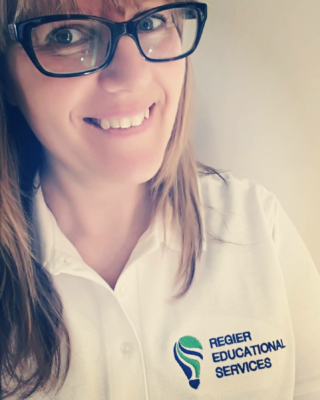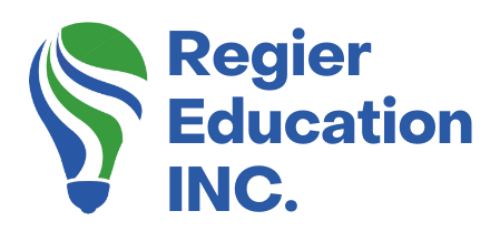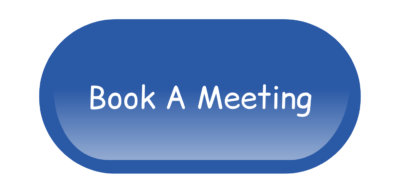ENVISION
What would it be like to work at an organization where innovation and openness to ongoing learning was freely accepted by everyone? This type of environment will build moral, since learning equals innovation and forward thinking. True learning organizations make ongoing education and development a priority.
SHIFT
Becoming a ‘learning organization’ , (research shows) often requires a shift in culture, which takes time and must be grown organically, not forced. A learning organization will have a shared vision and individual champions which are actively involved in the change process.
‘Psychological conditions important to learning involve: motivation, which includes meaningfulness; safety, which allows a person to step out of their comfort zone; and availability, including time and space for learning, which provides energy for change’ (Noe, Tews & Dachner, 2010, p.283). Additional ingredients are: ‘personal meaningfulness, deep communication, trust, respect and choice’ (Noe, Tews & Dachner, 2010, p.54). Learning is possible with good communication and transparency, which builds integrity and trust.
MOTIVATION
Motivation comes in a variety of forms: financial, flexibility, job fulfillment, alignment to the company or group’s vision, to name a few. External and internal motivations or personal meaningfulness can affect allegiance to a workplace.
Feeling safe and valued may be the most important elements to a person being open and motivated to learn. Employees who feel uncertain and who do not trust management, will not trust new policies or new training.
OPPORTUNITY
Opportunities to apply the new knowledge, which includes support, time, and technology (etc.), is important, or what people have learned will not bwe retained (research has shown). Education in the workplace should be accessible, however it must also be combined with the time and resources necessary to use new knowledge or it will be lost.

CHOICE
Choice to be part of the shift is also necessary. Often in the workplace people are ‘told’ what to do, through lecture style training, but true ‘learning’ does not necessarily occur. The old hierarchy system is top down and in the past front line staff were not part of the strategic planning. Experience has shown that people must be part of the change in an organization or group, part of the solution in order to work towards a real culture change. A learning organization relies on their employees or members to choose to learn. Learners must be open to knowledge and choose to move beyond training; participating in the innovation which drives the organization or group with forward thinking.
CHARACTERISTICS
Characteristics of a learning organization include considering: motivation, safety, opportunities, good communication and choice. With these ongoing conditions and champions who are part of the learning vision, a healthy learning organization can grow. Learning organizations are forward thinkers, open to change and innovation because they are continually investing in the development of their employees.
![]()
Reference
Noe, R.A., Tews, M.J., & McConnell Dachner, A. (2010). Learner engagement: A new perspective for enhancing our understanding of learner motivation and workplace learning. Academy of Management Annais (4): 279-315.
Engage Your Audience
- Sign-up for Facilitator Tips & Resources email member news
- Subscribe to our YouTube channel!
- Follow on Twitter & Instagram
- Like us on Facebook
- Pin this on Pinterest
- Share on LinkedIn
- Listen as a Podcast
Regier Education Online Courses
Inspired Learning Personality Quiz
Affiliate Links: Tools I Use
LATER Referral Program: https://later.com/r/7bb9ed
Canva Affiliate Link: https://canva.7eqqol.net/reachyouraudience
PresenterMedia Affiliate Link: https://bit.ly/2YqBk7H
ZOOM Affiliate Link: http://bit.ly/2DZ3gWE
About the Author
Patricia Regier is a learning experience designer, and sought after content creator and speaker.

Patricia
She brings twenty years of experience working within the non-profit sector, developing programs, building collaborative partnerships and providing workplace education. Her Master of Adult Education and BA in Psychology pairs academic knowledge with practical experience. REGIER EDUCATIONAL SERVICES’ mission is to support managers and directors by ‘training the trainers’. We understand that many organizations don’t have training departments and staff development impacts the agency’s purpose. To request more information about learning and development opportunities please contact: patricia@regiereducation.com



